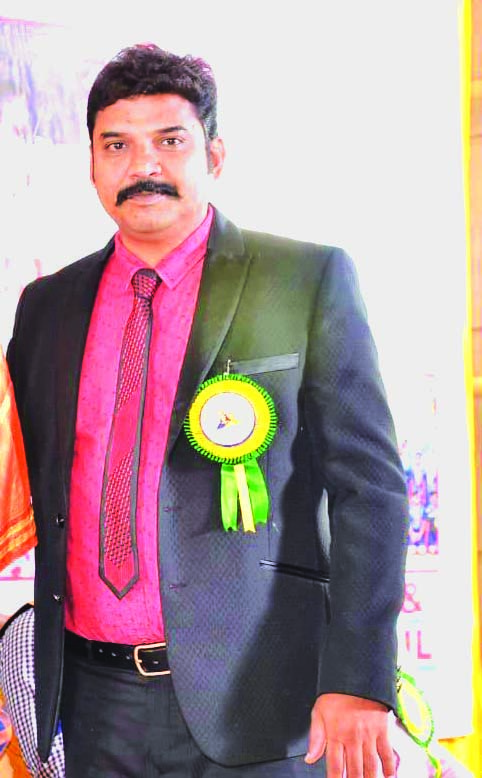Shivani Chaturvedi (Chennai)

John Arokia Prabhu
As classrooms reopened on june 2, available data indicates that there’s a rush for admission into government schools rather than private K-12 institutions. By June 17, Tamil Nadu’s 37,211 government schools and 12,631 government-aided schools had recorded 3.12 lakh new enrolments. Projections indicate that the number could rise to 4.5 lakh by August. Against this, the total number of new admissions in the state’s 12,631 private schools at the start of the academic year is estimated at 2.8 lakh.
Although spokespersons of the ruling DMK party ascribe this phenomenon to “steps taken by chief minister M.K. Stalin and the importance provided to (public) school education,” monitors of the education sector in Chennai attribute it to a delay in Right to Education (RTE) Act, 2009 admissions into private schools.
Under s.12 (1) (c) of the RTE Act, private unaided non-minority schools are obliged to reserve 25 percent capacity in their primary section (classes I-VIII) for children from “poor” households in their neighbourhood with state governments obliged to reimburse the cost of education provision on the basis of per-child cost in government schools. Typically, about 70,000-80,000 EWS household children in Tamil Nadu are admitted into private schools under s.12 (1) (c) every year.
But this year, these admissions have come to a halt. The RTE admission portal — critical for application and seat allocation — is non-functional. And this is not just a technical glitch. According to sources in the education ministry, the portal has not gone live because the state government is deliberately withholding the process, frustrated about pending dues from the Centre because of the DMK government’s refusal to implement the National Education Policy (NEP) 2020, specifically the three-languages learning mandate of the policy. DMK ministers allege that the Centre is arm-twisting Tamil Nadu into accepting NEP and signing up for centrally-driven schemes like PM SHRI Schools.
The Tamil Nadu state government has halted admissions into private schools because it claims it doesn’t have the money to reimburse private schools the amounts it is obliged to pay under s.12 (2) of the RTE Act toward education of children admitted. In turn, this is because a sum of Rs.2,150 crore is owing to it from the Centre under the Samagra Shiksha Scheme (SSS). Launched in 2018, SSS incorporates the previously launched Samagra Shiksha Abhiyan (SSA, primary education development) and the Rashtriya Madhyamik Shiksha Abhiyan (RMSA, secondary education development) programmes and teacher education initiatives, to upgrade pre-primary to higher secondary schooling countrywide.
The DMK government claims that the BJP/NDA government at the Centre has withheld payment of this sum because the TN government has rejected the Centre’s NEP 2020 and specifically rejected the Centre’s notification issued in May, under which all children in primary classes should learn three languages, including Hindi..
However, even as TN’s DMK government has petitioned the Supreme Court to order release of the Rs.2,150 crore owing to it under SSS, it has been consistently laggard in reimbursing private schools, which have admitted children from EWS households under s.12 (1) (c). The sum due has aggregated to over Rs.1,000 crore.
According to M.J. John Arokia Prabhu, vice president of the Tamil Nadu Private Schools Association, the state government has paid Rs.400 crore for the year 2021-22. “Since then, Rs.417 crore owing for 2022-23 and Rs.627 crore for 2023-24 are pending. And the amount for the current year hasn’t even been calculated yet. Right now, there are 9.5 lakh EWS students in private schools admitted under s.12 (1) (c). The government’s RTE admissions portal is down because the state does not want to promote the scheme — it wants to boost enrolments into its government schools,” says Prabhu.
Tamil Nadu’s 2025-26 budget for education is Rs.55,261 crore. Therefore to argue that it cannot pay private schools arrears aggregating Rs.1,000 crore for s.12 (1) (c) admissions is an unconvincing excuse. Quite obviously the dispute between the Centre and state over SSS dues has provided the DMK government a handy opportunity to boost admissions into public schools.
Also read: Tamil Nadu Blocking NEP for Political Gain: Sukanta Majumdar























